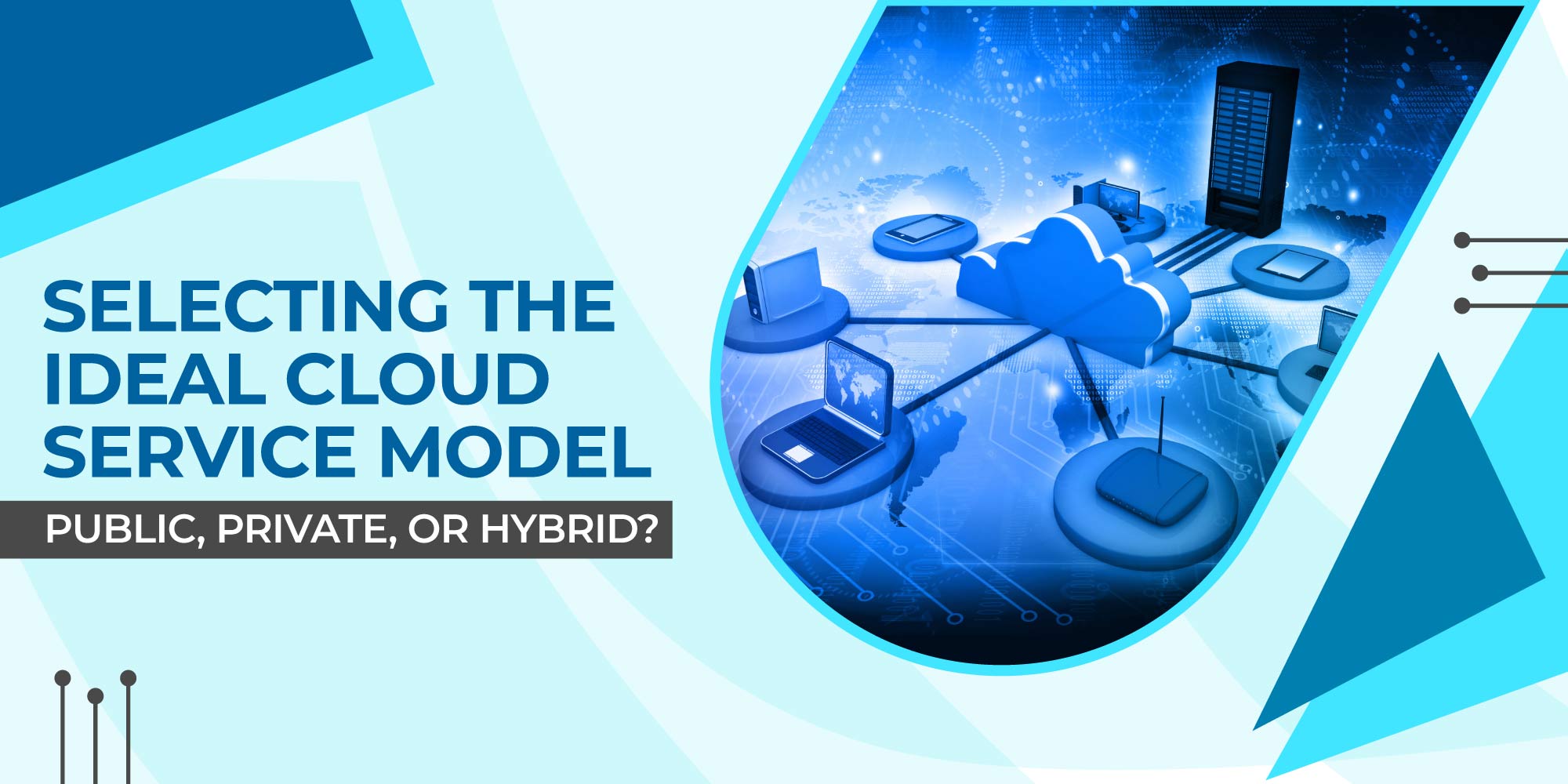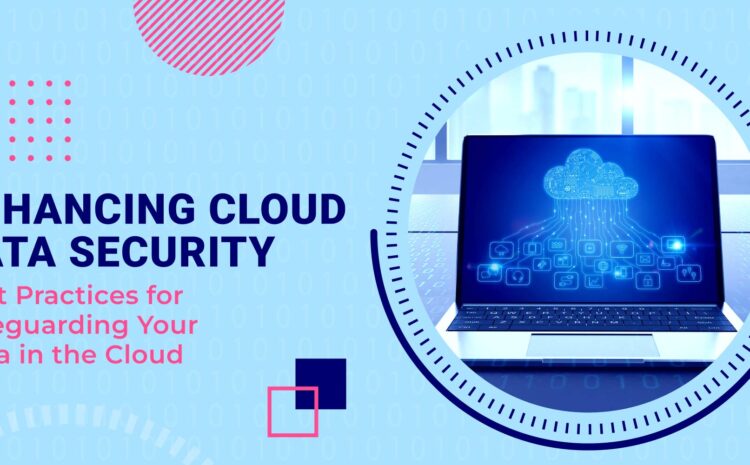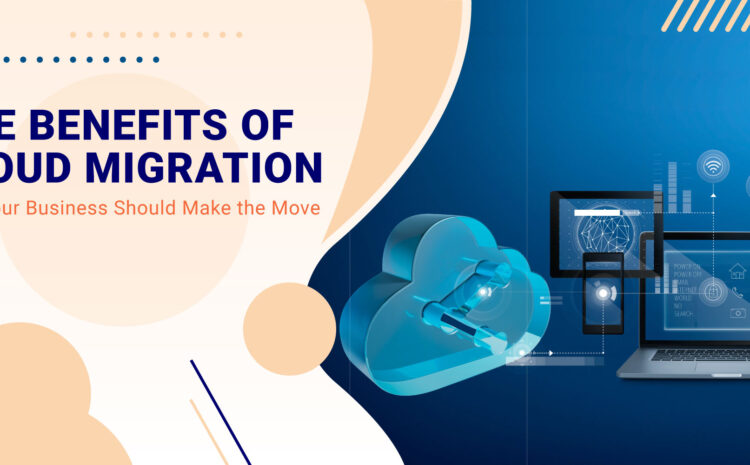In the modern digital era, cloud computing has evolved into a crucial component of business operations, providing essential features such as scalability, adaptability, and cost-effectiveness. However, the decision to move to the cloud involves choosing the right cloud service model that aligns with your organization’s specific needs and goals. The three primary cloud service models are Public Cloud, Private Cloud, and Hybrid Cloud. In this blog, we’ll explore each of these options to help you make an informed decision and select the right cloud service model for your business.
Public Cloud
Key Features:
- Shared Infrastructure: Public clouds are operated by third-party providers, offering shared resources, including servers, storage, and networking. Users share these resources with other organizations.
- Scalability: Public cloud providers offer on-demand scalability, allowing businesses to easily adjust resources as needed, making it ideal for startups and businesses with fluctuating workloads.
- Cost-Efficiency: Public clouds typically follow a pay-as-you-go pricing model, which means you only pay for the resources you use, reducing upfront costs.
- Global Reach: Public cloud providers have data centres located worldwide, ensuring low-latency access to services for users across the globe.
When to Choose Public Cloud:
- If your business requires cost-effective and scalable resources without the need to invest in physical infrastructure.
- For startups and small businesses looking to get started quickly without significant upfront costs.
- When your applications and data can be hosted in a shared environment with sufficient security measures.
Private Cloud
Key Features:
- Dedicated Resources: Private clouds offer dedicated infrastructure, either on-premises or hosted by a third-party provider. This ensures greater control and security.
- Enhanced Security: With a private cloud, you have greater control over security configurations and can tailor them to meet your specific compliance and data privacy requirements.
- Customisation: Private clouds are highly customizable, allowing businesses to build and manage resources to meet their unique needs.
- Predictable Performance: Resources in a private cloud are not shared with other organizations, ensuring consistent and predictable performance.
When to Choose Private Cloud:
- If your organization operates in a highly regulated industry with strict compliance requirements.
- When you need complete control over your infrastructure and data.
- For businesses with sensitive data and a need for robust security measures.
- If you have legacy applications that could be more easily adaptable to a public cloud environment.
Hybrid Cloud
Key Features:
- Combines Public and Private Cloud: A hybrid cloud model integrates both public and private cloud resources, offering greater flexibility and optimization of workloads.
- Scalability and Cost Optimization: Organizations can use the public cloud for scalable workloads and the private cloud for sensitive data or applications, optimizing costs and performance.
- Disaster Recovery: A hybrid cloud allows for efficient disaster recovery solutions, with critical data and applications replicated in the private cloud and non-critical workloads in the public cloud.
- Flexibility: Businesses can move workloads between the public and private clouds as needed, adapting to changing requirements.
When to Choose Hybrid Cloud:
- If your organization has a mix of workloads with varying security and performance needs.
- For businesses looking to balance cost-efficiency with control and security.
- When you need to meet regulatory requirements while taking advantage of the scalability of the public cloud.
In conclusion, choosing the right cloud service model is a critical decision that depends on your organization’s specific requirements and objectives. Public clouds offer cost-efficiency and scalability, private clouds provide control and security, and hybrid clouds offer a balanced approach. Evaluate your organization’s needs, regulatory requirements, and budget to make an informed choice that will drive your business forward in the digital age. The right cloud service model will ultimately empower your organization to thrive in an increasingly competitive landscape.




